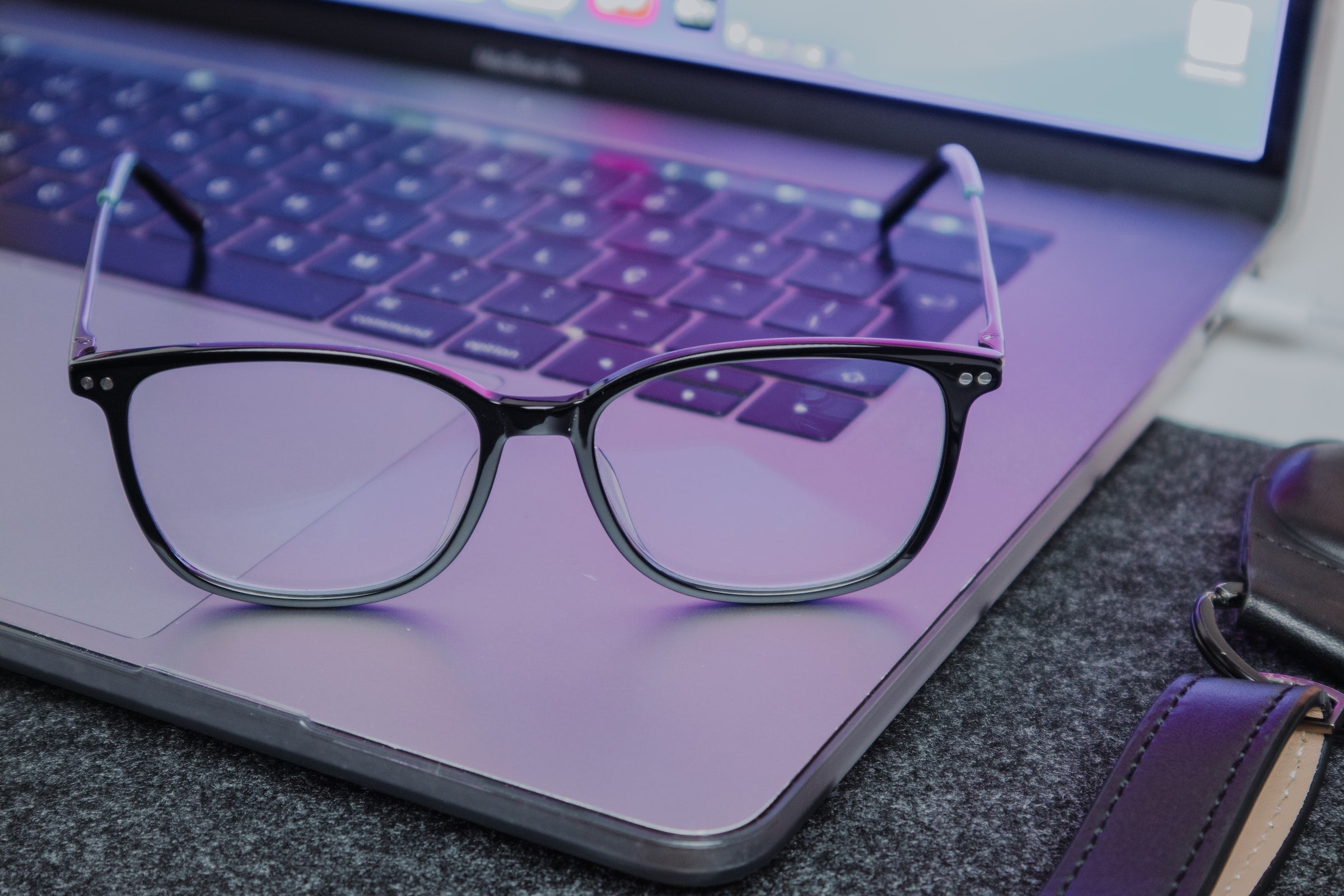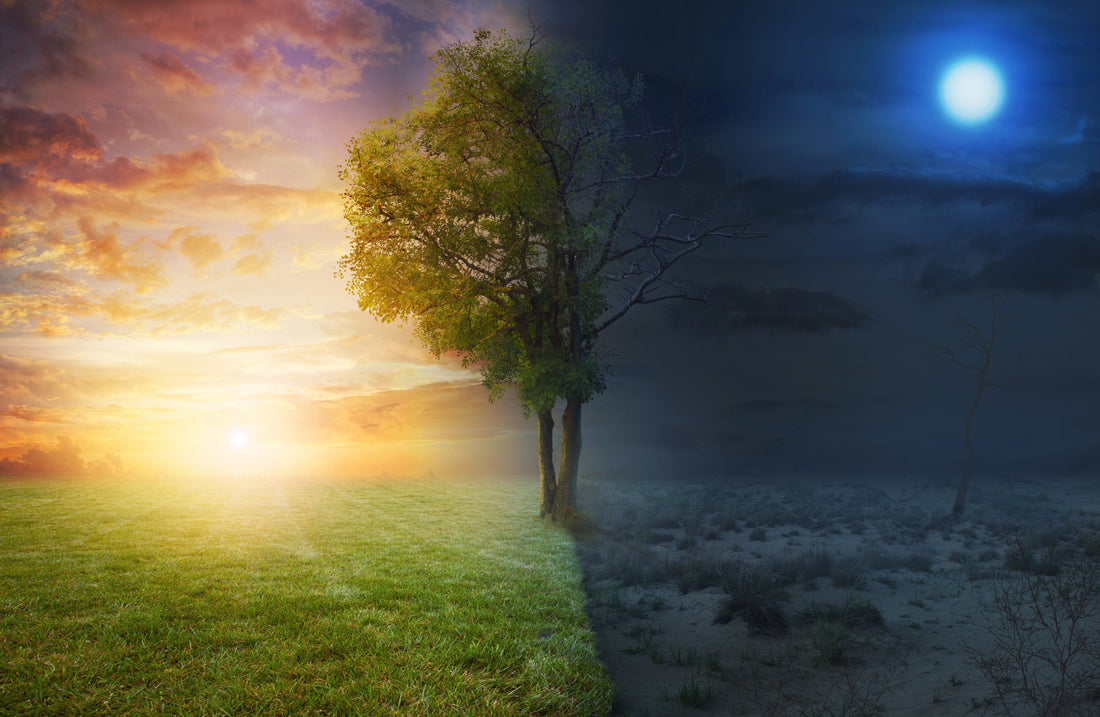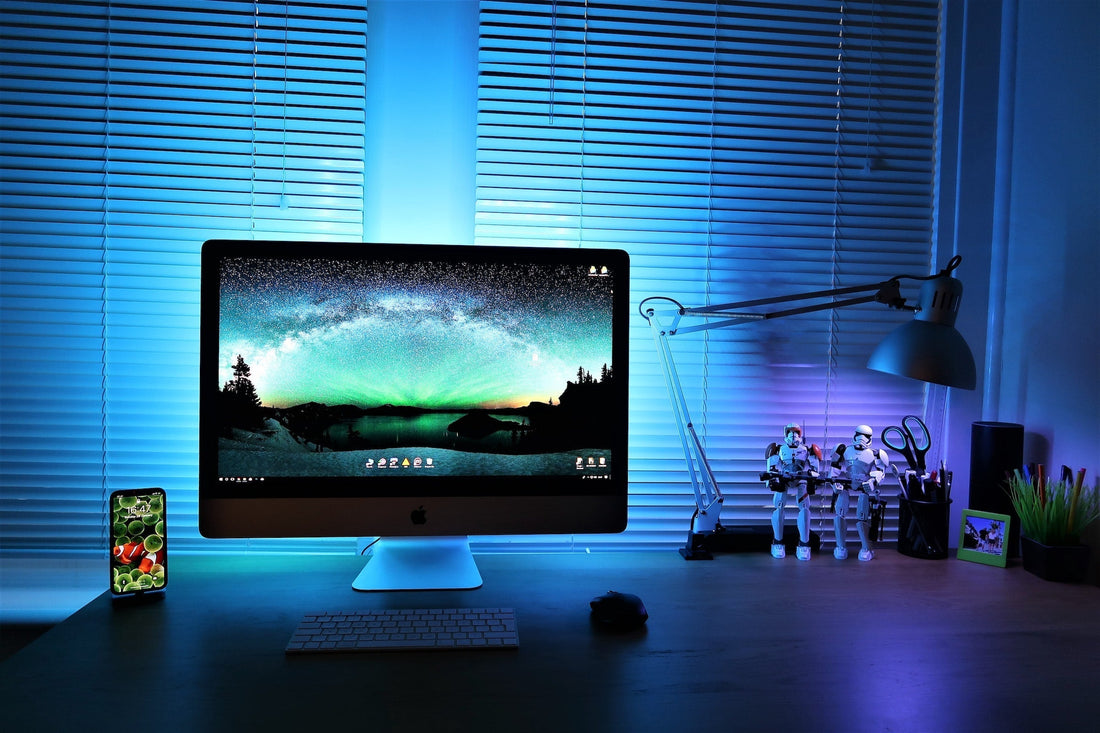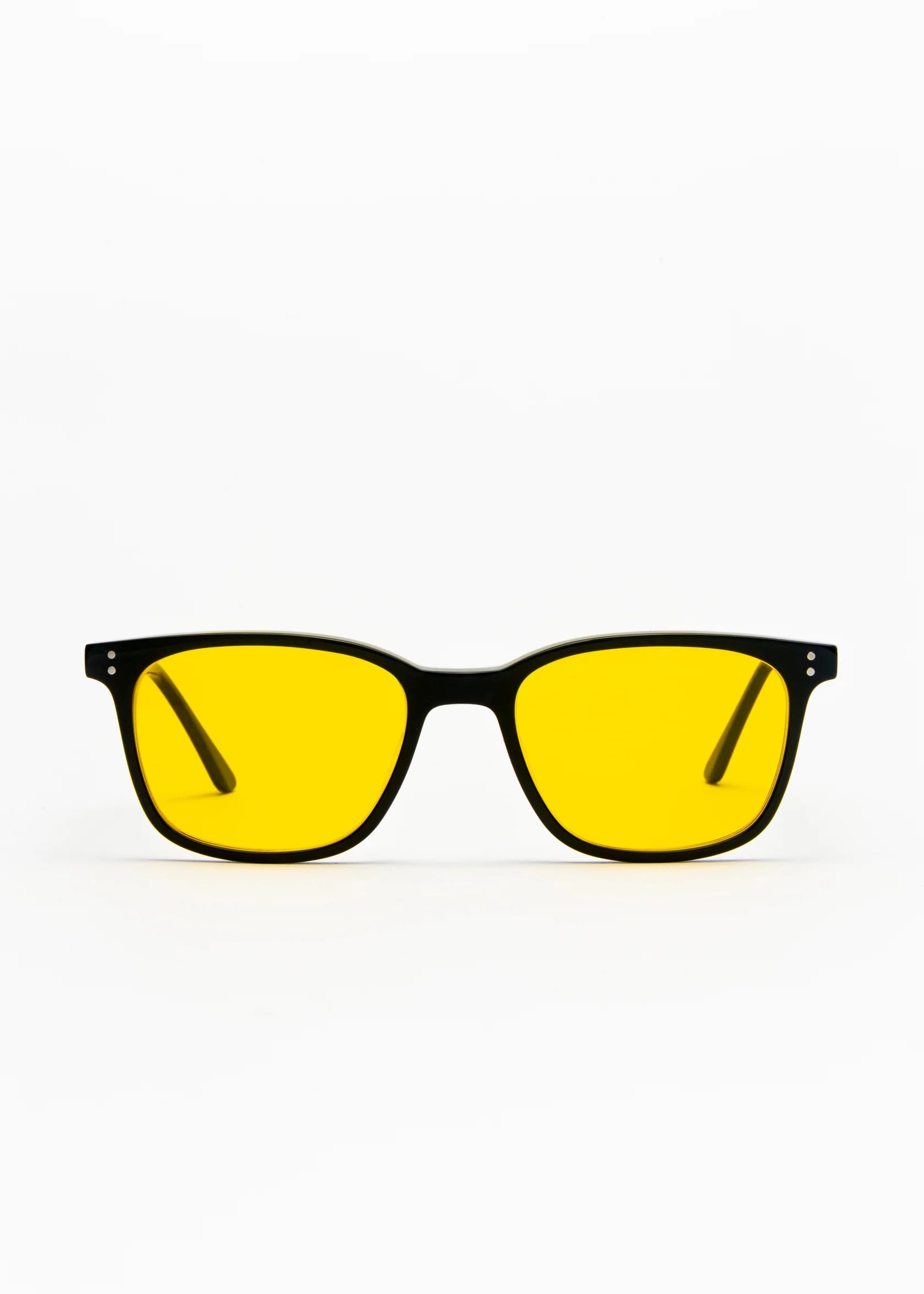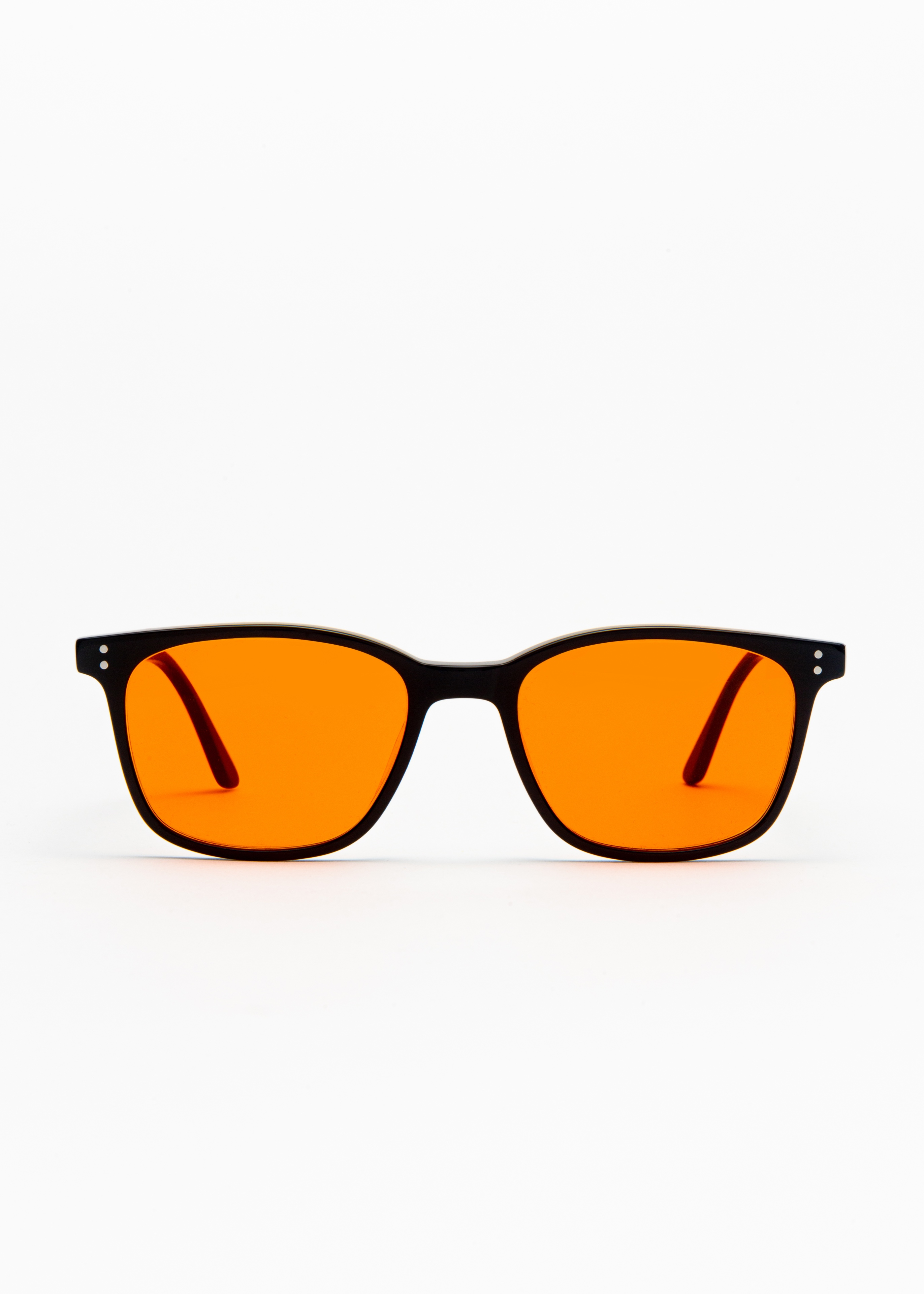If we start from the conclusion,
Clear blue light glasses do not actually BLOCK blue light.
How many people have found that clear blue light blocking glasses have helped them sleep and protect their eyes?
Not many.
The reason is because the clear lenses don't block blue light, they only filter it!
ᅠ

Blocking vs Filtering
Blue light has a wavelength range from approximately 400nm to 500nm .
Several reliable studies have shown that the most harmful blue light wavelength range is between 440 nm and 500 nm.
BUT!
All transparent blue light blocking glasses sold on the market do not block wavelengths longer than 420 nm.
Also important to note here is that there is a difference between filtering and blocking!
Filtering literally means filtering out a certain wavelength of light.
Transparent blue light not only does not block the wavelength range above 420nm, but it does not even block light below that level, it only filters about 30% to 60% of the wavelength.
In other words, clear blue light glasses are filtering glasses! Not blocking glasses!

Other companies only use the word blue light as a marketing tool, not actually prevent blue light from having a harmful effect on the human body.
ᅠ
No other clear blue light blocking glasses can ever block the full range of blue light.

So why do blue light blocking glasses have to be yellow/red?
As we learned in blue light, all light comes in rainbow colors.
White light that comes from most indoor lights is a combination of red, orange, yellow, green, and blue wavelength.
When it passes through glasses that block blue light, the colors that pass through are red, orange, yellow, and green,
and these colors combine to produce yellow.
This is why day lenses are yellow!
Also, if you block blue and green, the colors that pass through are red, orange, and yellow,
and these colors combine to make red.
This is why night lenses are red!

Most “blue light” glasses in the country are completely transparent lenses with only a shiny blue reflective coating.
If the lenses does not have a small amount of yellow or red tint, it probably won't be blocking a significant portion of the harmful blue light emitted from LED and screen devices.
Eye protection Day lenses completely block light from 400nm to 460nm, the most harmful range of artificial blue light.
Sleep quality Night lenses, which are suitable for wearing at night, provide a noticeable improvement in sleep quality by completely blocking 100% of blue light and green light from 400nm to 550nm, which have a negative effect on sleep.

Experience the effects of true blue light blocking glasses with LUCIER!
Source:
https://www.youtube.com/watch?v=DLlx4wxUu68&t
https://www.youtube.com/watch?v=Ec__RUzTKw0&t
https://pubmed.ncbi.nlm.nih.gov/20030543/
https://pubmed.ncbi.nlm.nih.gov/33587901/
https://www.npr.org/2021/02/21/969886124/do-blue-light-blocking-glasses-really-work

